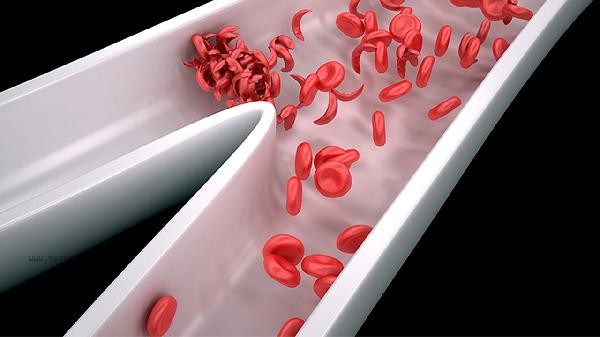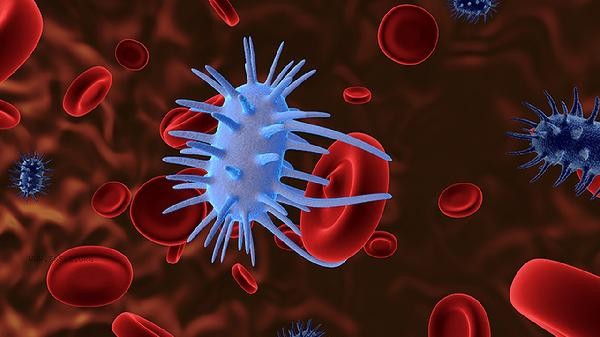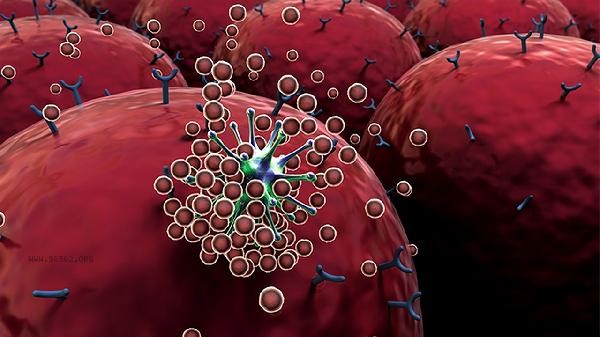High levels of red blood cell protein may be caused by dehydration, altitude sickness, chronic hypoxia, polycythemia vera, cardiovascular diseases, and other factors.
1. Dehydration:

Insufficient water in the body can lead to blood concentration and an increase in the relative concentration of red blood cells and hemoglobin. Excessive sweating, diarrhea, vomiting, failure to replenish water in a timely manner, and long-term lack of water intake after intense exercise can all cause temporary abnormalities in indicators. After supplementing electrolyte water or intravenous fluid, the indicators can usually return to normal within 24 hours.
2. High altitude sickness:
In areas above 3000 meters above sea level, the body compensates by increasing red blood cell production to adapt to low oxygen environments. This physiological elevation is accompanied by symptoms of altitude sickness such as headache and fatigue, and after returning to the plain area for 2-4 weeks, the indicators can gradually decline. Long term high-altitude residents may experience changes in red blood cell count.
3. Chronic hypoxia:

Chronic obstructive pulmonary disease, sleep apnea, and other diseases lead to long-term hypoxia in the body, stimulating the secretion of erythropoietin by the kidneys and enhancing bone marrow hematopoietic function. These patients usually have signs such as cyanosis of the lips and clubbing fingers, and need to be diagnosed through lung function tests and blood gas analysis.
4. Polycythemia vera:
Myelodysplastic diseases lead to autonomous excessive proliferation of red blood cells, with hemoglobin often exceeding 180g/L, which may be accompanied by symptoms such as splenomegaly and skin itching. Diagnosis needs to be confirmed through JAK2 gene testing, and treatment includes bloodletting therapy and medication control such as hydroxyurea.
5. Cardiopulmonary diseases:
Congenital heart disease, pulmonary heart disease, etc. cause abnormal blood circulation, and tissue hypoxia induces secondary erythrocytosis. These patients may experience palpitations and difficulty breathing after physical activity, and the cause should be determined through cardiac ultrasound and CT examination.

If high levels of red blood cell protein are found, blood routine should be rechecked and iron metabolism and erythropoietin testing should be improved. In daily life, it is necessary to maintain a daily water intake of at least 2000ml, avoid excessive sweating after vigorous exercise, and pay attention to step-by-step adaptation when traveling to high altitudes. Smokers need to quit smoking to improve their blood oxygen carrying capacity, and chronic disease patients are recommended to monitor their blood routine indicators every 3 months. If accompanied by symptoms such as dizziness and blurred vision, the risk of blood clots should be promptly investigated.









Comments (0)
Leave a Comment
No comments yet
Be the first to share your thoughts!